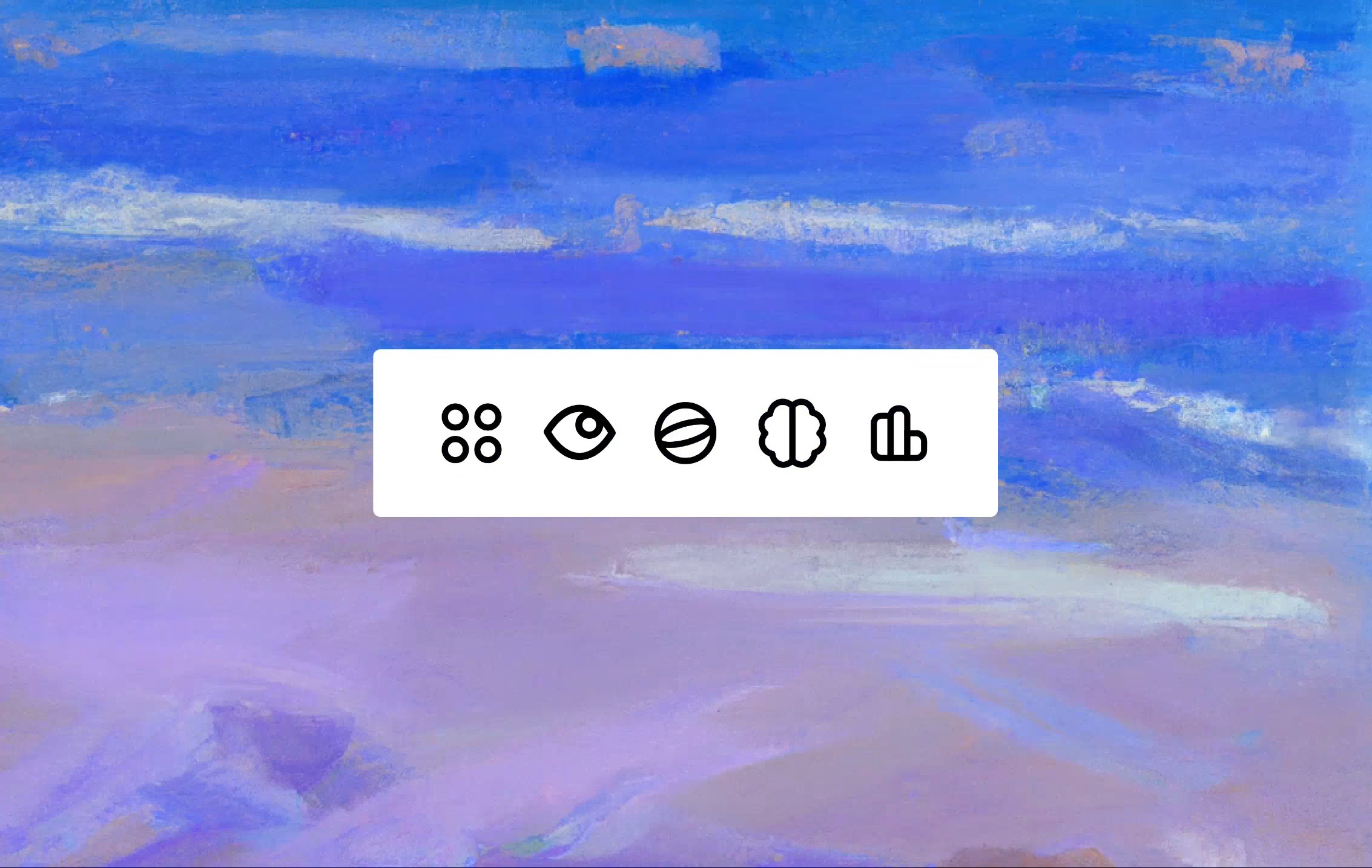ThisIsFine.gif
An amoeba struggling as it’s being eaten by a larger amoeba isn’t self-aware.
To some degree it is. There is some evidence that plants can experience pain in their own way.
An instinctive, machine-like reaction to pain is not the same as consciousness. There might be more to creatures like plants and insects and this is still being researched, but for now, most of them appear to behave more like automatons than beings of greater complexity. It’s pretty straightforward to completely replicate the behavior of e.g. a house fly in software, but I don’t think anyone would argue that this kind of program is able to achieve self-awareness.
completely replicate the behavior of e.g. a house fly in software
You may be thinking of “complete mapping of a fruit fly brain”, from Oct 2024:
https://www.science.org/content/article/complete-map-fruit-fly-brain-circuitry-unveiled
It’s still some way off from simulating it in software, and a house fly is supposedly more complex.
It’s pretty straightforward to completely replicate the behavior of e.g. a house fly in software
Could you provide an example of a complete housefly model?
I’m sorry, but I can’t find it right now, it’s a vague memory from a textbook or lecture.
I strongly suspect you have some wires crossed. There have been some attempts at simulating brains but I think a fruit fly is partially done and it’s making a fair few assumptions.
@DdCno1@beehaw.org you are thinking of Caenorhabditis elegans (C. elegans), a tiny nematode worm. My understanding is that while the entire brain is replicated, full behavior is not. Basic locomotion is still being worked on.




